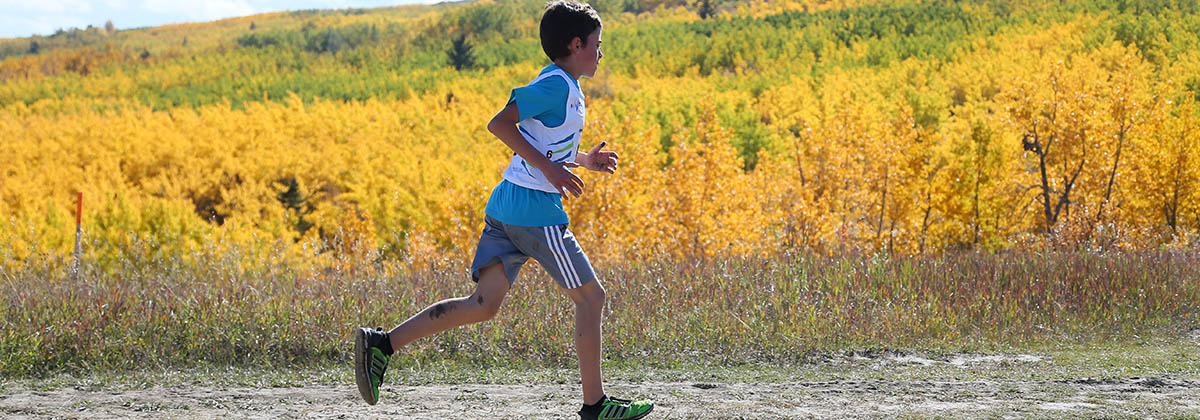Train to Train

Athletes enter the Train to Train stage when they have developed proficiency in the athlete development performance components (physical, technical-tactical, mental, and emotional). Rapid physical growth, the development of sporting capability, and commitment occurs in this stage. Athletes will generally specialize in one sport towards the end of the stage. A progression from local to provincial competition occurs over the course of the stage.
Key Concepts
- The Train to Train stage provides the gateway for both the Podium Pathway and Active for Life stage.
- The start of the growth-spurt, Peak-Height Velocity (PHV), and menarche are important markers to identify sensitive periods of accelerated adaption to training and inform what is developmentally appropriate. The physical, mental, and emotional maturity of individuals will develop at different rates.
- During this phase there is a tremendous influence on behaviour from peer groups and possibly tension between adults and adolescents.
- This is a critical stage for participants to learn and understand the rules of sport, values, and consequences of one’s actions.
- Implement a regular, periodized training, and competition plan using single or double periodization. Careful monitoring of athlete growth and response to training will enhance the development of a plan. Use physical literacy movement preparation as part of warm-ups.
- Assess and remediate gaps in physical literacy or muscular imbalances.
- Introduce athletes with a disability to specialized sport-specific equipment such as racing wheelchairs and athletic prostheses.
- Offer programs specifically targeted at participants not engaged in sport/physical activity by providing a safe, developmentally appropriate, and welcoming environments.

